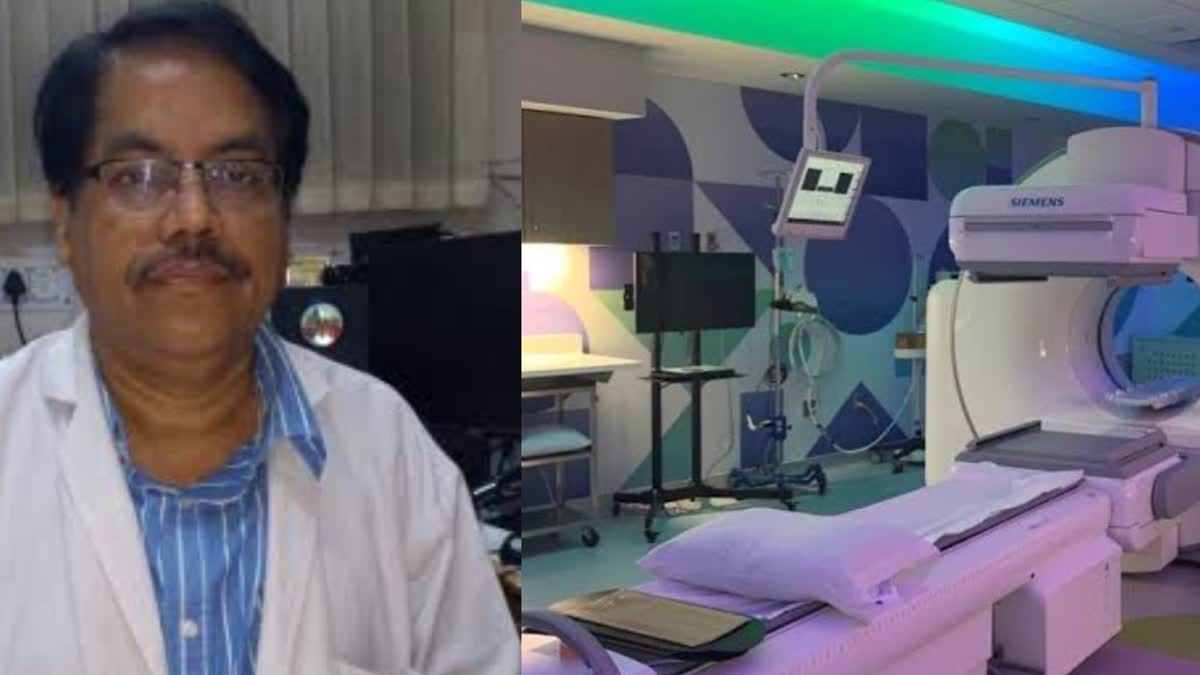New Delhi: A research by a leading doctor at AIIMS Delhi has found that the life expectancy of patients suffering from metastatic gastroenteropancreatic cancer can be increased by 26 months as against common chemotherapy and radiation. The research led by Dr. CS Bal, Chairman of the Department of Nuclear Medicine, has been published in the Journal of Nuclear Medicine and has created a stir across Europe.
The research was conducted by Department of Nuclear Medicine in collaboration with the Department of Medical Oncology at BR Ambedkar Rotary Cancer Hospital. Dr Bal while commenting on the research said that after studying 91 patients in his department during four years, he came to the conclusion that the life of patients suffering from metastatic gastroenteropancreatic cancer can be increased by 26 months.
Whereas, with common chemotherapy and radiation, the patient can survive only for 3-4 months. The research was conducted on alpha therapy, an effective treatment for the most dangerous cancer metastatic gastroenteropancreatic cancer. Dr. Bal said that he started the study on Targeted Alpha Therapy in March 2018.
Also read: No mortality among people received two doses of Covid19 jabs: AIIMS study
A total of 91 patients suffering from metastatic gastroenteropancreatic cancer were studied for the study by dividing them into three categories. One-third of the patients were included in each group. Patients of the first group were given traditional beta therapy which failed with the death of the patient. In the second group, Nutricium Dottape was administered, which partially worked on them.
In the third group, patients were directly adminsitered alpha therapy which was targeted for the study. It was seen that the radio nuclide target was successful in destroying only cancer cells. With this, the life of the patients could be extended up to 26 months, it found. In Feb. 2023, the study was published in America's most prestigious medical journal, Journal of Nuclear Medicine.
During the study, Dr. Bal found that gap-net is such a tumor, which can be very challenging to treat after it metastasizes, that is, after spreading to other parts of the body. For GEP-NET confined to a single organ, surgery is still the preferred treatment option. When this cancer starts spreading to other parts of the body, advanced alternative options are required for the treatment of such patients.
Alpha targeted therapy prolongs patient life by up to two times compared to earlier treatment options including somatostatin analogs, interferons, tyrosine kinase inhibitors, mammalian target-of-rapamycin inhibitors, peptide receptor radionuclide therapy (PRRT), systemic chemotherapy and liver-targeted therapy.



